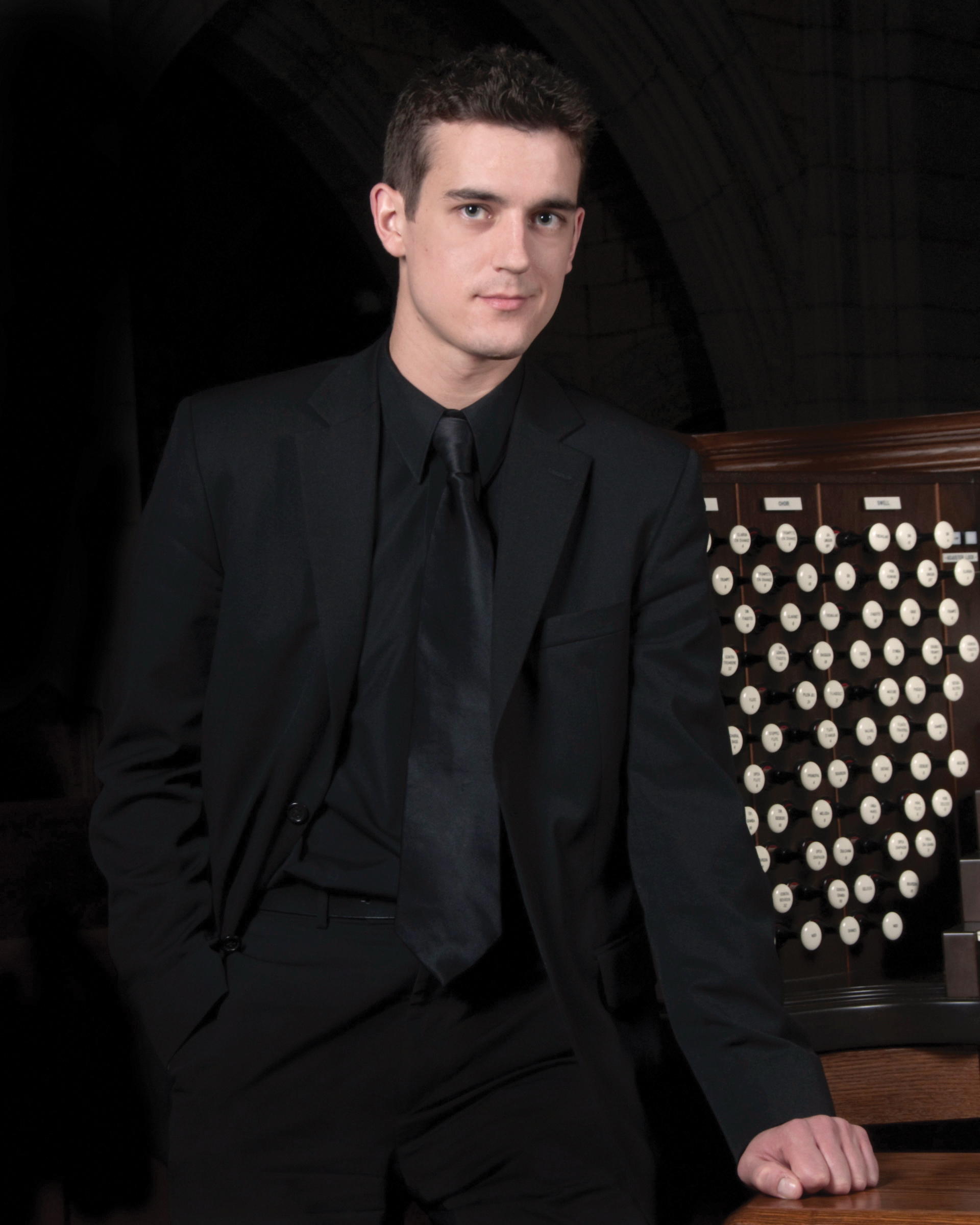Baskeyfield knows how to tell a story with the organ,
and there seems to be no literature he cannot interpret convincingly.
The American Organist
“Astounding virtuosity and musicality”
-Choir & Organ
“From the opening notes Baskeyfield revealed his masterful artistry, creating a brooding and imposing atmosphere through careful attention to building long phrases.”
-The Diapason
“These performances are eminently musical, making better sense of the music than most other renditions.”
-Organ Canada
“Confidence, communication and dash.”
-Choir and Organ
“Excitement and exhilaration”
-Organists’ Review
“Exquisite playing… breathtaking.”
-Choir and Organ
“A real tour de force of registration and musical sense.”
-The American Organist
“A commendably intuitive musical mind.”
-Voix des Arts
“Clarity and rhythmic verve.”
-Montreal Gazette
“The heavy-duty program, played entirely from memory, progressed from Bach through Mozart and Liszt to a substantial representation of the French “symphonic” school of organ music… it’s hard to imagine a more commanding performance of the Final from [Vierne’s] Sixth Symphony. Baskeyfield’s feet flew flawlessly up and down the pedalboard in one of the trickiest pedal parts in the organ repertory.”
-Dallas Morning News
“Baskeyfield is setting the world on fire at this point… It was so good, by the intermission I went back to my office, and I asked him if he would come back next year.”
-Kilgore News Herald
